187 CD / Auryn’s Haydn: op. 20
Description
"Of course: Many an ensemble has already presented one or the other good Haydn recording. However, it is a rarity that almost every single production of a complete recording project of the Haydn string quartets is recommendable. The Auryn Quartet seems to manage this. The level of the recordings released so far can definitely keep up with the great older productions and adds new reference recordings to them." (Cellesche Zeitung)
8 reviews for 187 CD / Auryn’s Haydn: op. 20
You must be logged in to post a review.

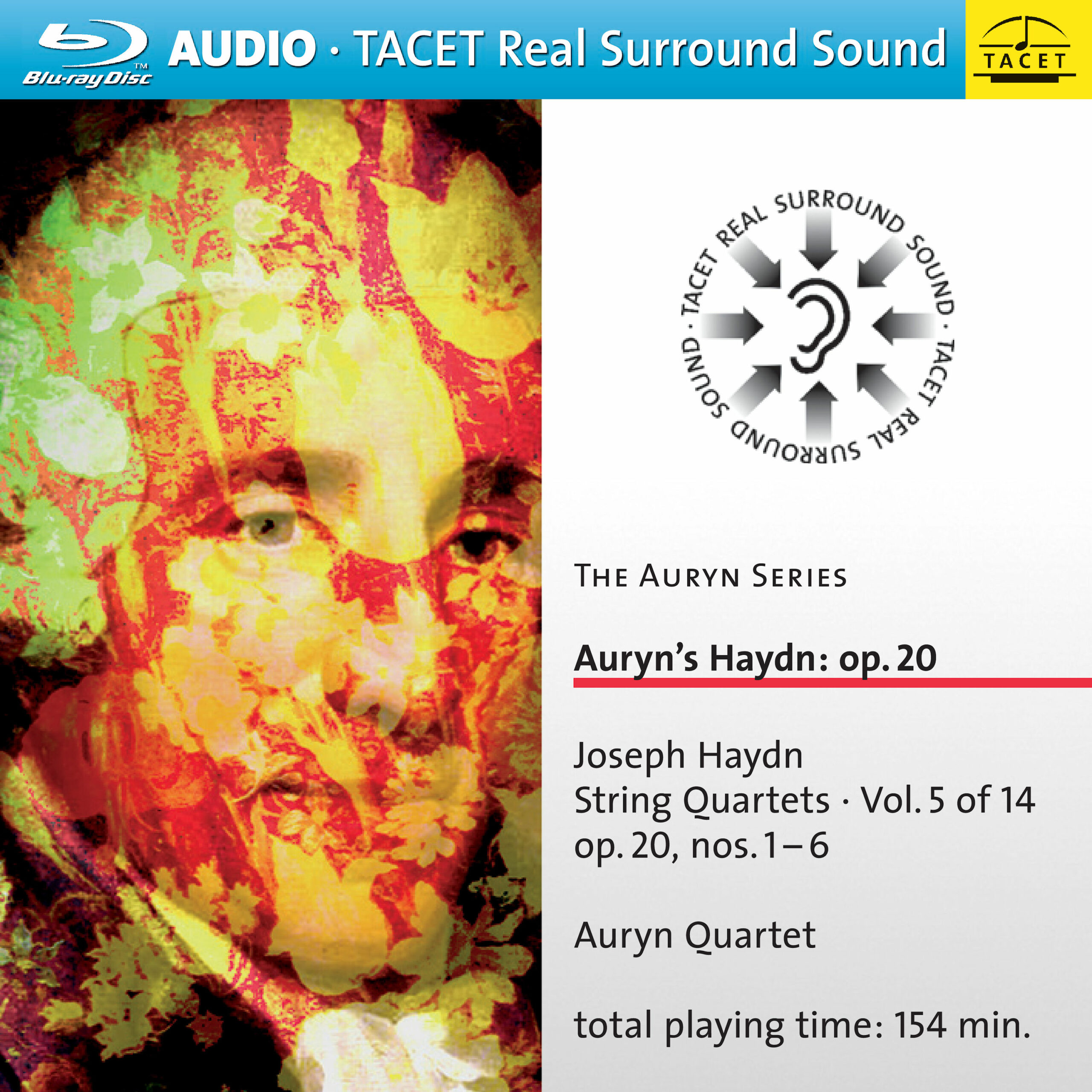
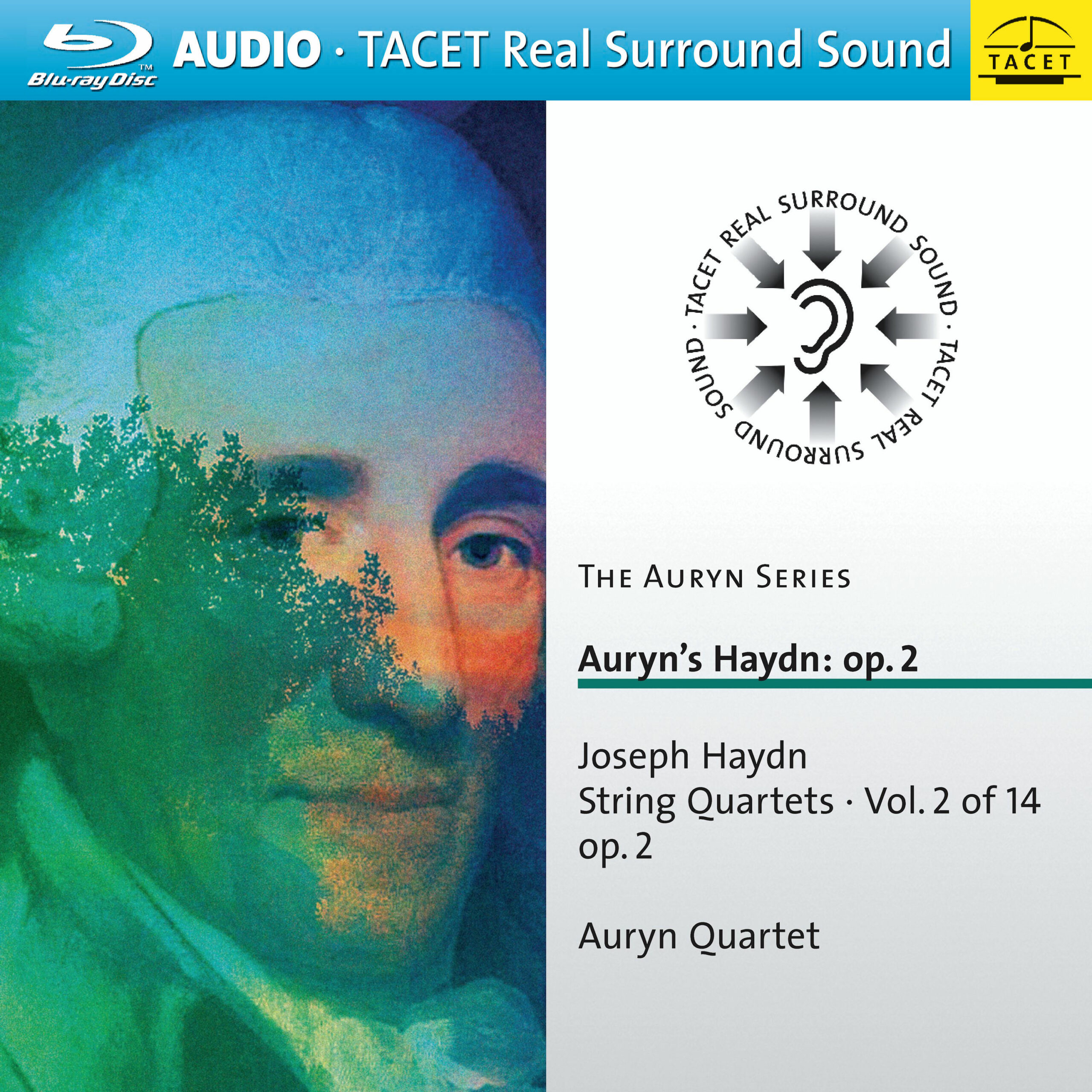
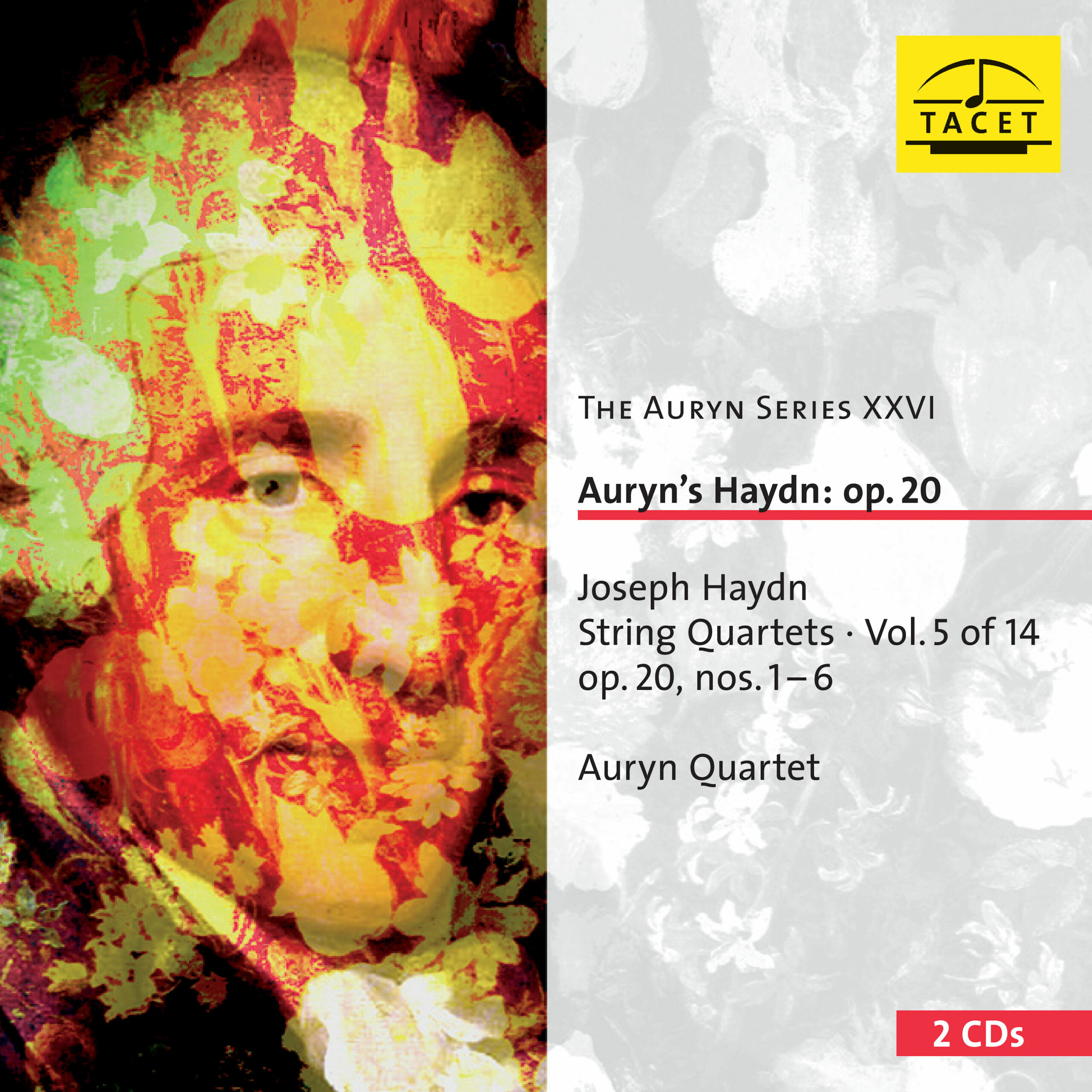
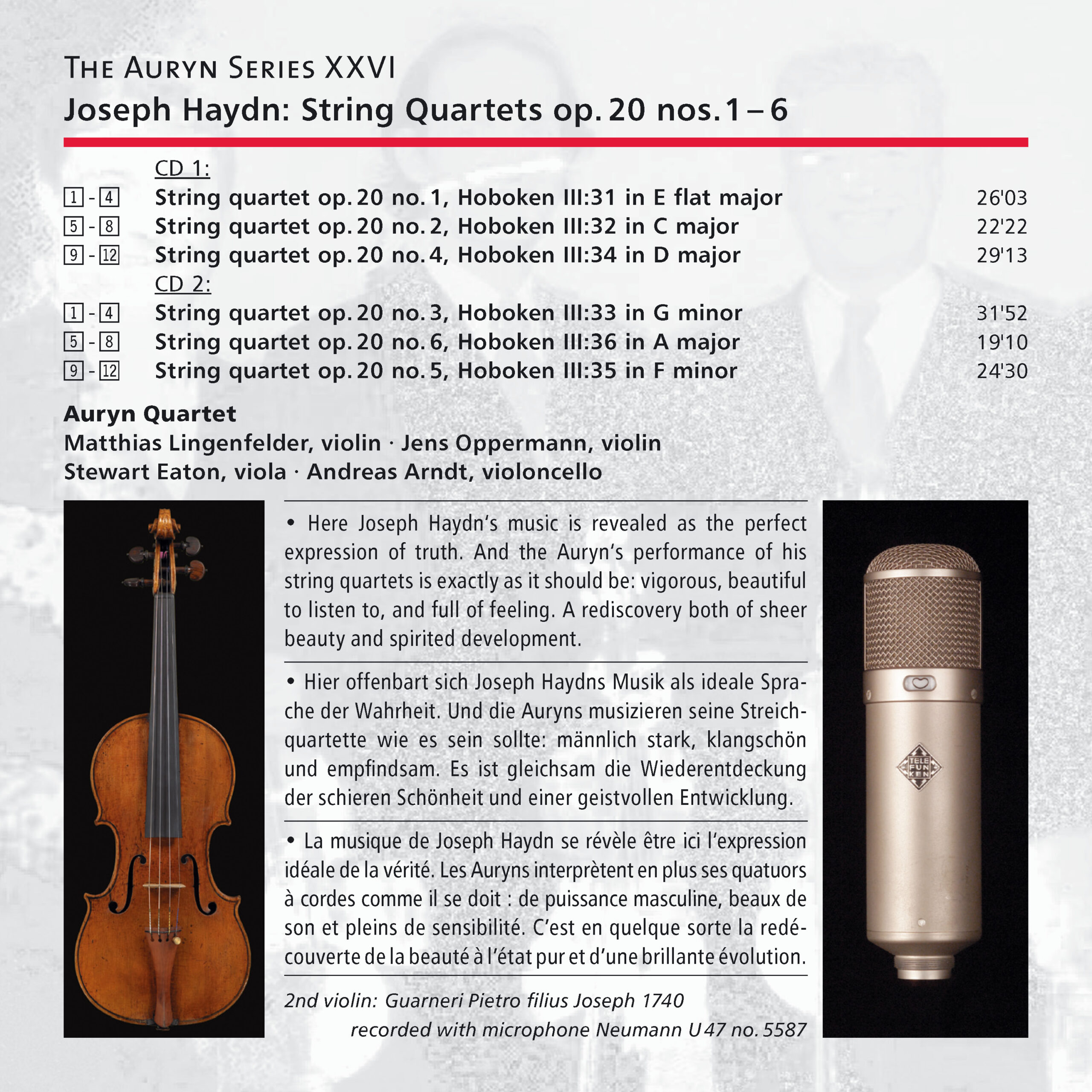


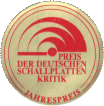
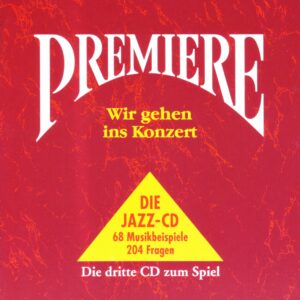
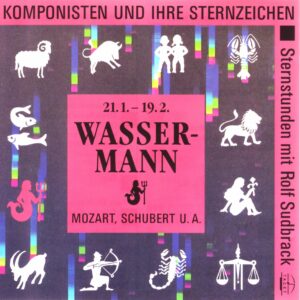
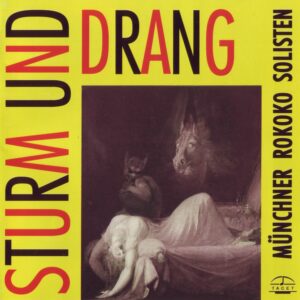

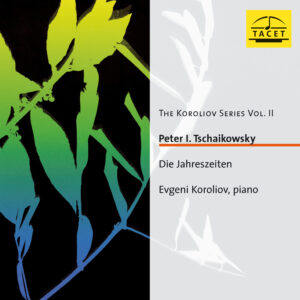
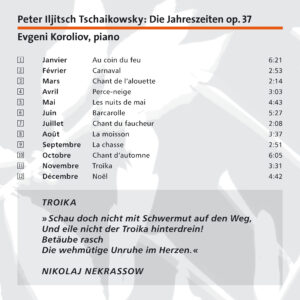
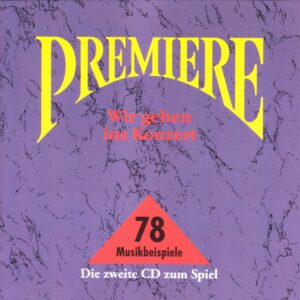
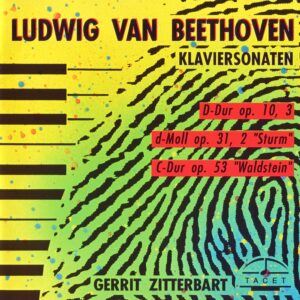
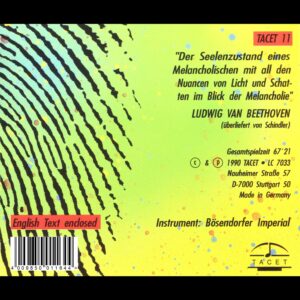
Preis der deutschen Schallplattenkritik –
Laudatio for the Award of the German Record Critics' Annual Prize to the Haydn Cycle by the Auryn Quartet
Joseph Haydn is considered the father of the string quartet genre. The Auryn Quartet recorded his nearly 70 string quartets over a two-year period: for the first time using the critically edited "purified" text, with esprit, lively emotion, and highly differentiated ensemble playing, all within a natural sound space: a small sensation. Such an undertaking requires a label that is not only technically state-of-the-art but also willing to take risks. The Stuttgart-based TACET Musikproduktion has distinguished itself several times through this very combination of skill and daring. Therefore, we award the Annual Prize to the Auryn Quartet and their producer/sound engineer Andreas Spreer for their epochal Haydn project, which is already assured a prominent place in the annals of sound recording.
(For the jury: Thomas Rübenacker)
Fanfare-Magazin –
Want List
The world-renowned Auryn Quartet performs all six of Haydn’s op. 20 quartets with impeccable intonation, attention to detail, expressive dynamics, clarity of inner part-writing, and sensible tempos, coupled with a sufficiently fresh approach.
Burton Rothleder
klassik.com –
--> original review
(…) Haydn's imaginative and experimental spirit in the "Sun Quartets," which were not unchallenged by contemporary commentators, is thrillingly realized through the interpretive expressiveness, transparency, and versatility of the Auryn Quartet. A soothing sunrise for contemporary Haydn interpretation!
Pizzicato –
The Auryn Quartet's complete Haydn recordings continue to grow and bring just as much joy to the listener. Joy, above all, because no debate is raised here. This Haydn is indisputably good and beautiful, masterfully played, and presented with such perfect form and balance that one cannot help but marvel. Nothing becomes academic, loin de la: Auryn's interpretations are highly musical, lively, fulfilling, and breathe pure Haydn air. Bravo! We're already looking forward to the next sets.
RéF
Audiophile Audition –
The Haydn String Quartet series by the Auryn Quartet has garnered such critical praise that I was looking forward with real anticipation to hearing a sample. By the luck of the draw, I got to audit the Auryn’s Op. 20, the set of quartets in which Haydn truly set his mark on the genre and changed it for all times. And these are splendid interpretations of Haydn’s groundbreaking music.
As late as the Op. 20 Quartets, Haydn was still applying the term "divertimento" to his works for string quartet, but it is obvious that he had left the divertimento tradition, followed in his own Op. 1 and Op. 2 Quartets, far behind. He announces his new maturity of thinking immediately in Op. 20 No. 1, with its serenely beautiful Affetuoso e sostenuto slow movement and expansive sonata-rondo finale. This is a big confident sonata-form work with none of the trappings of Rococo entertainment music about it.
The simple fact that two of the quartets (Nos. 3 and 5) are in the minor key should alert us that we are not in for polite background music. Plus the fact that three of the quartets (Nos. 2, 5, and 6) end in fugue, a learned gesture that is no mere obeisance to Baroque tradition but another mark of serious intent and of the pains Haydn took to bring an individual character to each of the quartets.
For example, in No. 4—the favorite of the set since they first appeared in 1772—there is a clear Haydn hallmark: a minuet marked Menuet alla Zingarese featuring the bounding Gypsy rhythms that the composer would turn to again and again in his music. The especially long last movement, marked Presto e scherzando, is pure Haydn, too: witty, cheerful, bracingly athletic in its momentum.
These are wonderful performances, limning the character of Haydn’s inventive music at every turn, whether it’s the brow-furrowing seriousness of No. 5 in F Minor or the sunny insouciance of No. 4 in D Major. The booklet that accompanies the recording tells us that the Auryn Quartet has played together for twenty-seven years without a change of personnel, explaining the remarkable sense of ensemble throughout. But the uniform beauty of tone is another matter; these are four superb musicians.
Tacet’s recording is a thing of beauty as well, with pin-point placement of the instruments in a warmly resonant acoustic. The notes mention that the venue is a church, but there is no churchly chill or blurring of timbres; this is one of the cleanest and clearest quartet recordings I’ve heard. Kudos, then, to everyone involved in this project, and may all of the installments be as fine as the present one.
Lee Passarella
Gießener Anzeiger –
(…) The magic of these works unfolds in the flawless and inspired playing of the Auryn Quartet, opening up crystal-clear sound worlds to the listener. This ensemble truly leaves nothing to be desired. Bravo!
Thomas Schmitz-Albohn
Bayern 4 Klassik Radio –
Complete recordings of the Haydn quartets are rare; besides the Aeolian Quartet's recording from the early 1970s, the only other recordings are the excellent one by the Angeles Quartet from the 1990s and the Hungarian Kodály Quartet, which, however, turned out to be somewhat al fresco in musical terms and, above all, unsatisfactory from a recording perspective. This may also be due to the fact that an ensemble wishing to record Haydn's 68 string quartets needs a great deal of patience. A greater artistic challenge is hardly conceivable.
Ultimately, it is important to do justice to each of these highly individual works. The string quartets demonstrate how Haydn wrestled and played with form over four decades, how he sought and found new formal solutions for the genre with inexhaustible imagination and consistently great wit, expanding the development here or altering the recapitulation there, enthroning the fugue as the finale there, or designing the complex sonata-rondo.
Intellektuelles Abenteuer
It's a cosmos with many facets, from the genre-defining cycles Op. 9 and 17 to the extremes and breaks in Op. 20, the classical formulation in the epochal work Op. 33, and finally to the perfect Op. 76. And quite often, one encounters a dramatically charged tone, including passages in which the formal tinkerer, who is still considered by some to be good old "Papa Haydn," recklessly and with almost relish shattered the forms he himself had developed (and which had become the norm for others). Haydn and the string quartet – this is an intellectual adventure, somehow also the novel of a life that hardly anyone knows from the first to the last note.
Tonfall der Einsamkeit
Haydn also referred to the quartets op. 20 as divertimenti. In fact, however, they go far beyond entertainment. Two of the six works are in a minor key, which is already unusual. And although they are still a group, they are nevertheless one of completely individual works. The unifying element is the contrapuntal work, unprecedented in this form and intensity. And last but not least, in the quartets op. 20, Haydn dared to expand and intensify the affects, the emotional framework, which was completely unusual. This already shows that the string quartet was far more to him than a mere play with forms. Some of the simply breathtaking slow movements express a previously entirely unknown tone of great solitude, pointing far ahead into the Romantic era.
Sound warmth and emotional intensity
The complete recording of the Auryns, when it is soon completed, will be one of the milestones in the Haydn discography. As always with this wonderful ensemble, their Haydn radiates great tonal warmth and emotional intensity. Stylistically, the Auryns' playing is absolutely at the cutting edge of its time. It is clear that the four musicians are not closed to the insights of historically informed performance practice, without slavishly following them. The sound is intense and dense, yet remains lean and consistently cultivated. The thoroughly spatial recording technique also leaves nothing to be desired. When this project is one day completed, we will have – this much can already be said – a benchmark-setting complete recording of the Haydn quartets.
Oswald Beaujean
Cellesche Zeitung –
Of course: Many an ensemble has already presented one or the other good Haydn recording. However, it is a rarity that almost every single production of a complete recording project of the Haydn string quartets is recommendable. The Auryn Quartet seems to manage this. The level of the recordings released so far can definitely keep up with the great older productions and adds new reference recordings to them.
What's particularly admirable is the depth of musical penetration evident in the Auryns. Some passages seem to have been newly written, but the four musicians are simply playing exactly what the music says. They don't allow themselves to be misled by the rarely questioned performance traditions of these pieces.
However, these interpretations do have two shortcomings: Haydn's humor and his creative approach to folk music are less effective here. And, the sheer perfection makes some things seem rather slick. A less than perfect live recording would have been even better in some cases. Nevertheless, every CD in this edition is definitely recommended.
rh